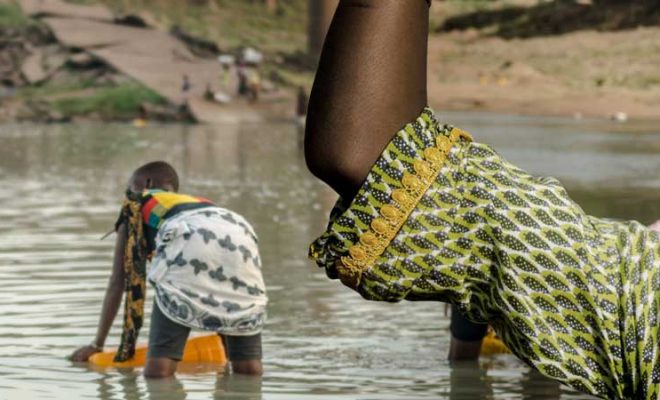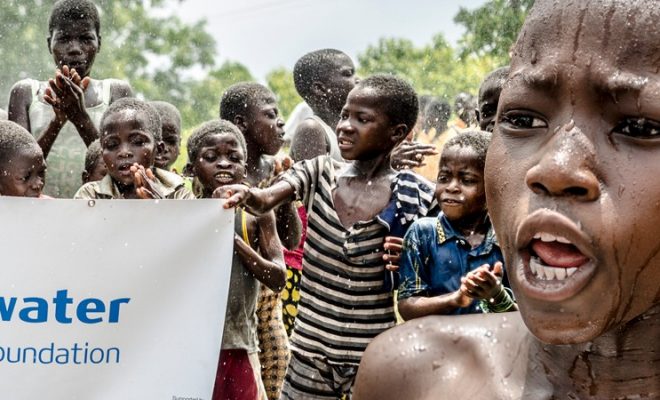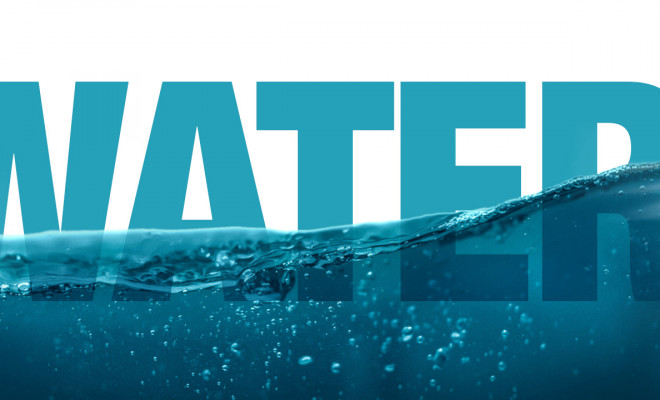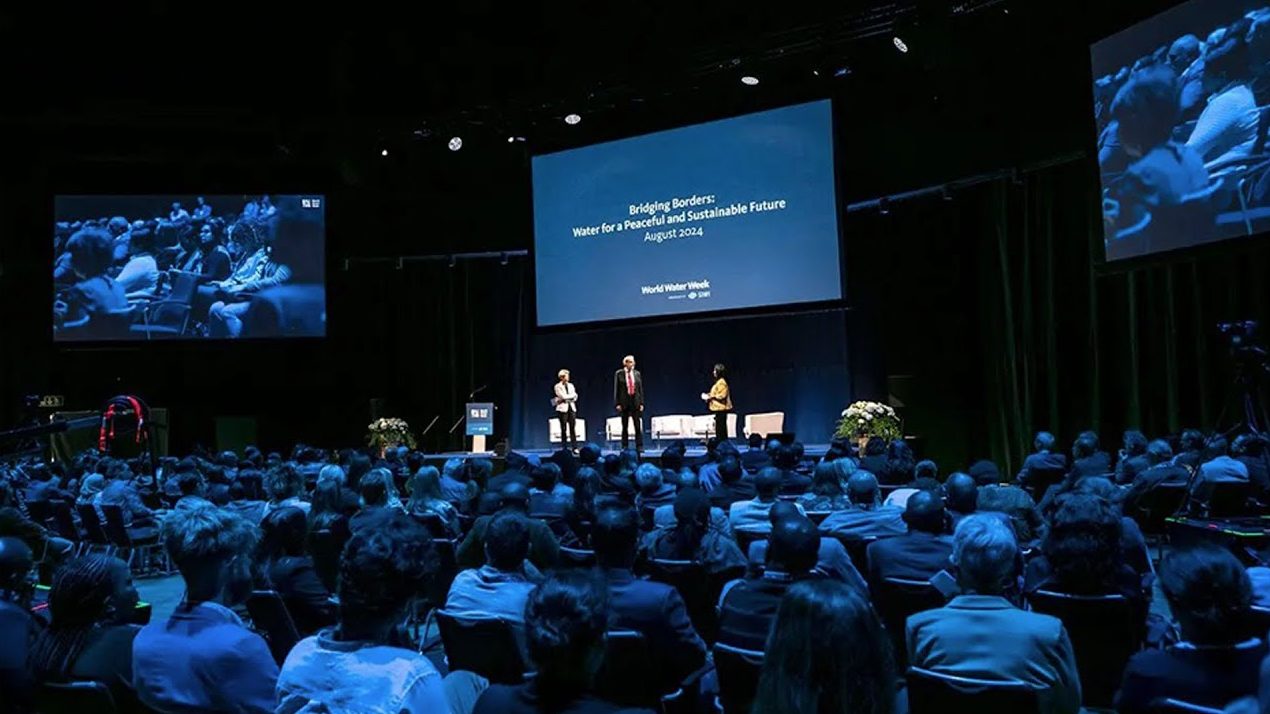
The current climate crisis is now a fact that no one can ignore. No economic and social sector, government, or company is left on the sidelines when adapting to an increasingly warmer planet with more water scarcity and growing risks. This is the strong message delivered in Stockholm by the more than 15,000 leading experts participating in the recent World Water Week.
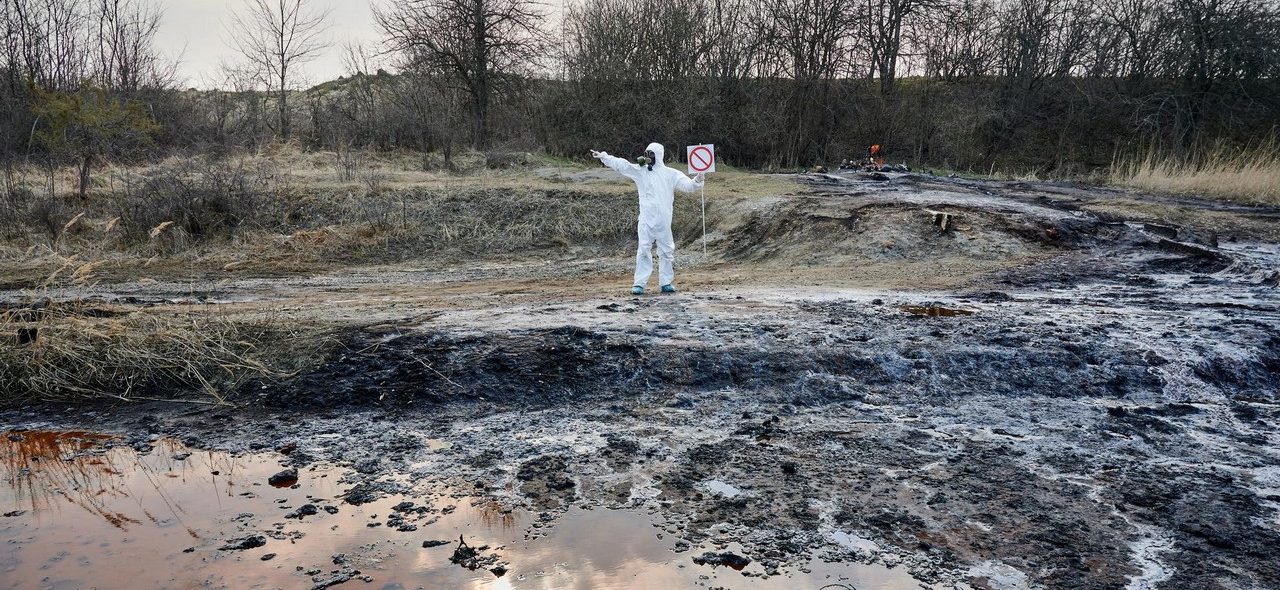
We have exceeded the planetary water limits. © ArtPhoto_studio/ Freepik
Since 1991, the Week, organized by the Stockholm International Water Institute (SIWI), has become an annual meeting point for the international community involved in solving the water problems that beset humanity. The event continues to break records: more than 15,000 participants from 193 countries attended 300 sessions. Moreover, it offers good news, as the percentage of women has increased (52%), and there is a more significant presence of young people (42% were 35 years old or younger).
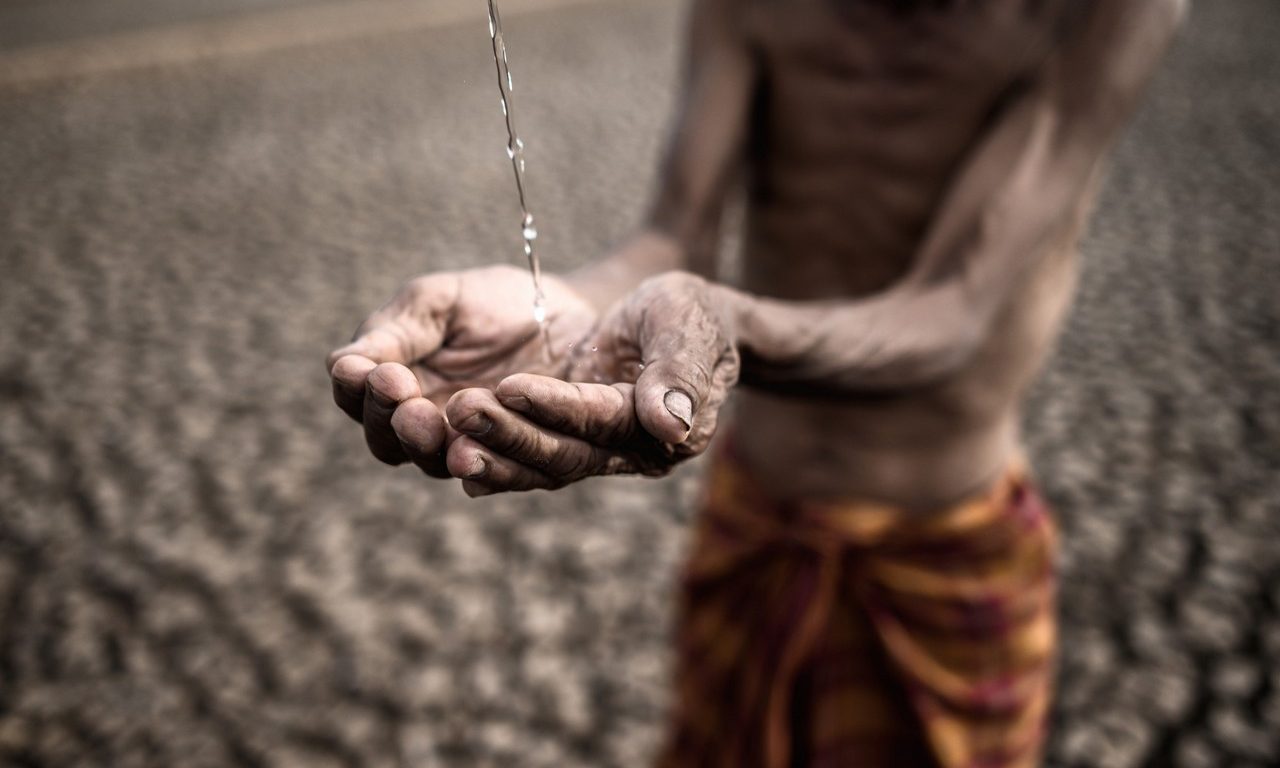
The current climate crisis is now a fact that no one can ignore. No economic and social sector, government, or company is left on the sidelines when adapting to an increasingly warmer planet with more water scarcity and growing risks. © jcomp / Freepik
The event devoted five intense days to the theme “Seeds of Change: Innovative Solutions for a Water-Wise World.” On the opening day, Karin Gardes, executive director of SIWI, stressed the need to focus on achieving transformations rather than simply listing problems. In recent years, the list of crises resulting from the lack of clean water has grown, and few citizens of the world are not affected to a greater or lesser extent.
Avoiding the failure of the United Nations Water Conference
The Week has always aimed to build on the conclusions of the previous event. In recent years, the messages have revealed the need for urgent actions, and this year, the insistence on achieving tangible roadmaps has taken on almost a dramatic tone in some interventions.
The different presentations and seminars show that the significant geopolitical problems denounced years ago do not offer any clear path to solutions. The acceleration of climate change and biodiversity loss, hunger, inequality, and uncertainty are facts whose evidence makes scientific reports unnecessary to alert the population and pressure governments to take immediate action.
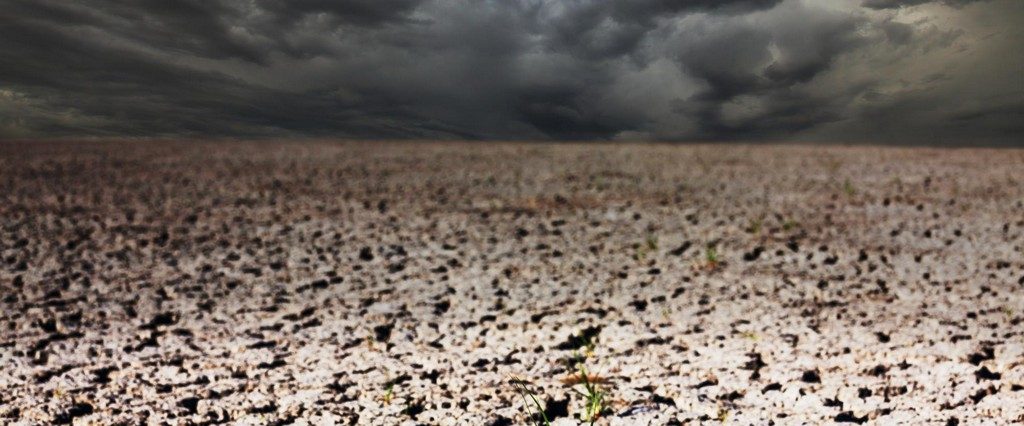
We must prepare for a more unpredictable world with more frequent and severe droughts, floods, and other extreme weather events. © Kamchatka/ Freepik
This year, SIWI has placed particular emphasis on following up on the conclusions of the last UN Water Conference and finding an answer to the question on everyone’s mind: How can we ensure that the commitments made are fulfilled? The world needs to believe that the Conference, which took almost 50 years to be held again and generated 689 agreements, none of which were binding, will serve to secure water for more than 8 billion people on Earth.
No expert disputes the World Bank’s estimates, claiming that if $300 billion were raised to improve water resources, humanity would almost quadruple the return benefits. There is money, but how do you find the will to invest it?
No pointing fingers at others, but asking ourselves how we can help
Meike van Ginneken, the new Water Envoy for the Kingdom of the Netherlands, argues that interconnectivity is crucial: “It is essential to learn from each other. Don’t immediately start pointing fingers at each other’s shortcomings. There are different paces and ways of doing things. I think it’s better to ask: How can I help you? If we can work together in that way, a critical mass of commitments will make a difference.”
Van Ginneken believes it is imperative to encourage communication between sectors and generations: “We often feel very isolated in the water sector. I have experience in the agricultural and energy sectors, which are as isolated as we are. I have learned that the isolation is weaker at a local level; we need to go back to where the action is at the local and national level and not just stay at the international level.“
A change of mindset is needed. Most of our current systems are based on the assumption that there will always be a reliable supply of water, but this is no longer the case: we must prepare for a more unpredictable world with more frequent and severe droughts, floods, and other extreme weather events. To do this, we need new incentives and innovations based on the latest research and best practices tested in different scenarios worldwide.
Towards a new concept of innovation beyond technology
It is time to rethink innovation. This was one of the central themes of the Week that was already raised in the last edition. We usually associate innovation primarily with technology. But, as Karin Gardes pointed out, innovation is a broader concept encompassing governance, finance, values, and culture.
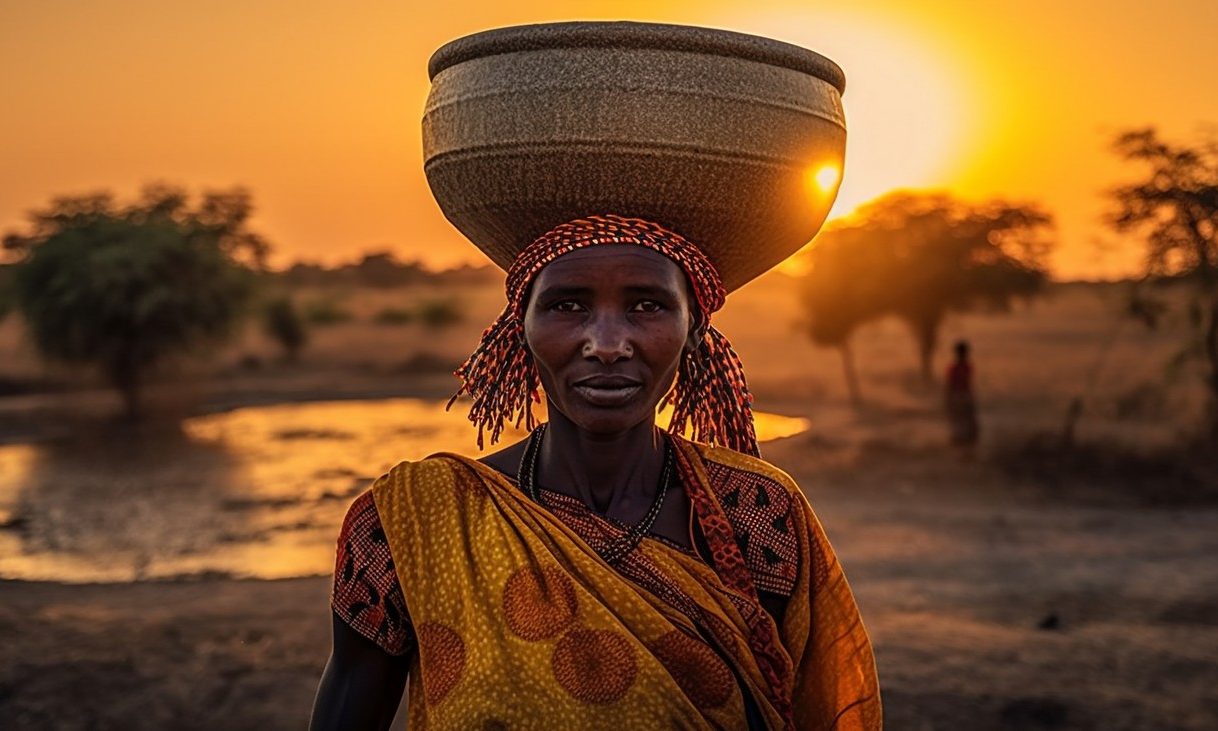
In the context of innovation, one of the central themes of the World Water Week, the importance of listening to and considering indigenous peoples’ perspectives was discussed. © Vecstock/Freepi
In this context, the importance of listening to and considering indigenous peoples‘ perspectives was discussed. For the first time, the Week focused primarily on the knowledge accumulated in ancestral cultures, represented by 20 groups from all continents, who shared their points of view and experiences.
Everyone agrees on the seriousness of the situation. Still, commitments are not forthcoming, and according to the UN, we need at least a fourfold increase in the current rate of improvement to achieve universal access to water, sanitation, and hygiene services.
Johan Rockström, one of the co-chairs of the Global Commission on the Economics of Water, a body sponsored by the OECD to promote new governance in the face of climate change, presented a very explicit report on the pressure we are currently exerting on the global water cycle and the consequences we are already experiencing.
The report clarifies that we are facing a gigantic task, which must involve all sectors and countries. There is a consensus among all the experts that we have crossed the safe planetary boundary for water for the first time and that we are not on track to achieve SDG 6 – or any of the other SDGs – if we continue to procrastinate.
There is no alternative: governments must take responsibility for the progress of the Water Action Agenda, drawn up at the last United Nations Conference, and are crucial to making the agreements binding.
And yes, it is possible. We live in an era of unprecedented collaboration and scientific breakthroughs, with technology available to solve previously unsolvable problems. But we need a broader kind of innovation that integrates behavioral changes, governance, and systemic thinking.
Government actions urgently need radical changes in their approaches and must be linked to international processes. The next few months will be crucial to change: the SDG Summit this September and COP 28 in December are expected to bring about significant changes. This is a hopeful sign.



